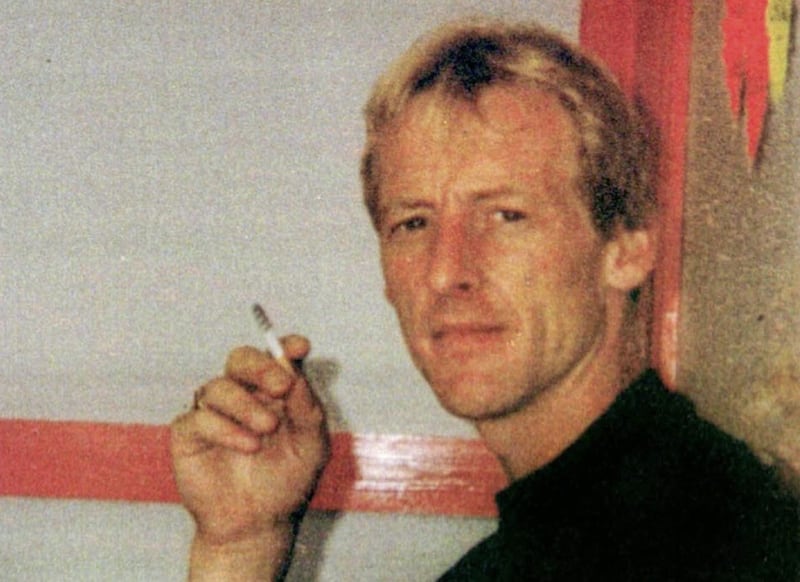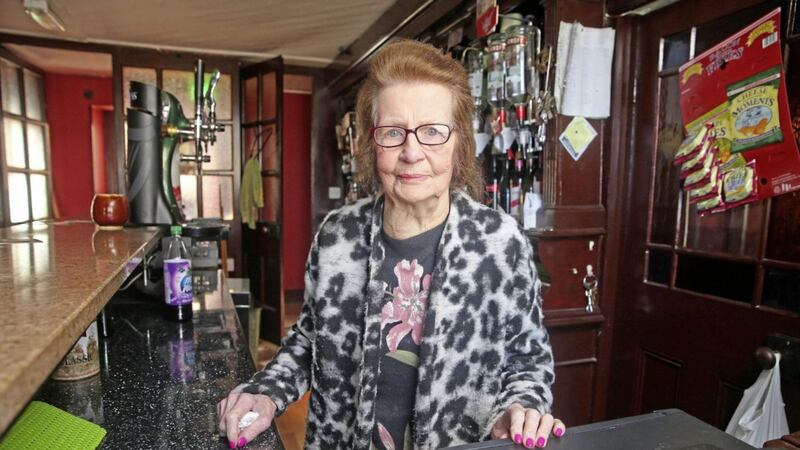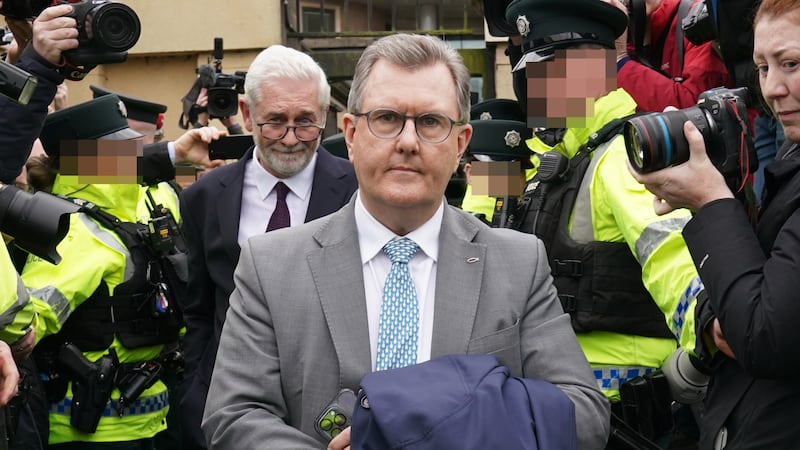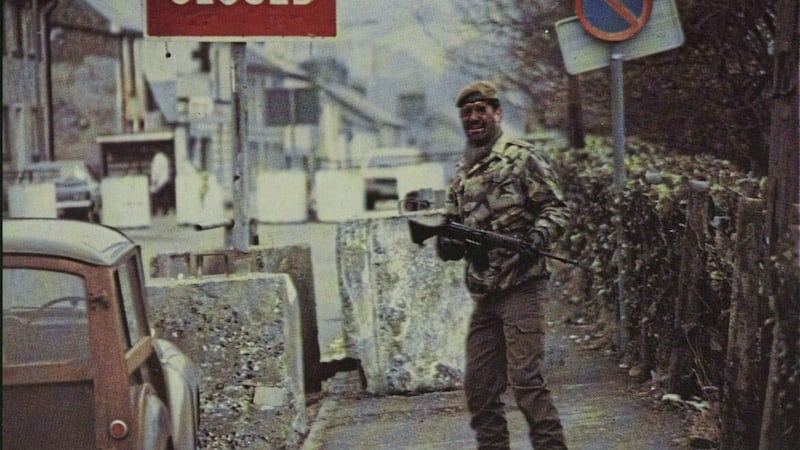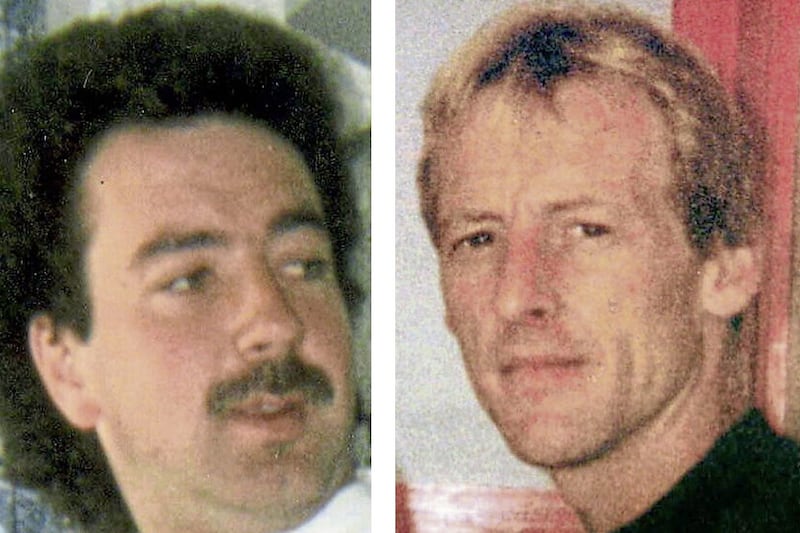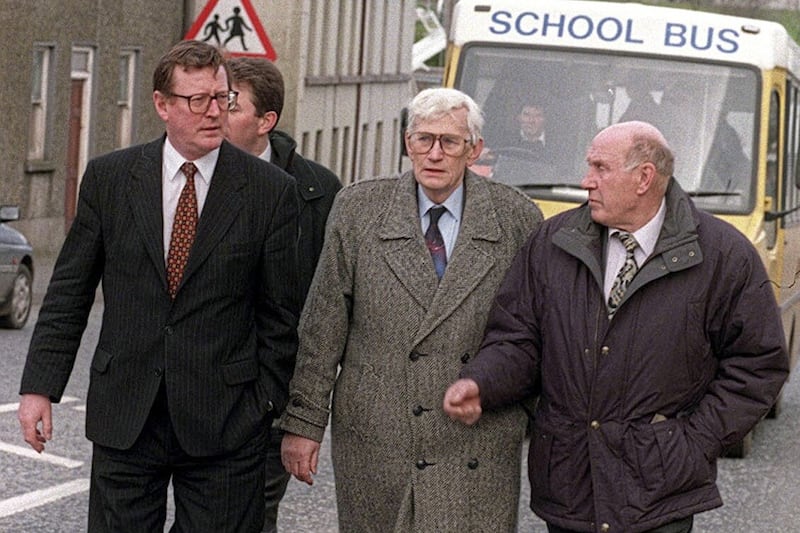A Co Armagh woman working in the Railway Bar when the LVF killers struck says she will never forget the night two of her customers were gunned down.
Protestant man Philip Allen was shot dead with his Catholic friend Damien Trainor in Poyntzpass 20 years ago tomorrow.
The life-long friends were sitting close to the door of the village pub when the gunmen burst in and ordered them to lie on the floor before killing them both and wounding two others.
Two of Mr Allen’s brothers were also in the bar when the gang struck but managed to escape with their lives.
The double murders took place just weeks before the Good Friday Agreement was signed in April 1998.
Loyalists Stephen McClean, Noel McCready and Ryan Robley were later jailed for their parts in the attack.
A fourth loyalist, suspected informer David Keys, was murdered in jail by the LVF less than two weeks later while on remand.
Bernie Canavan, now aged 84, was behind the bar in her family’s pub that night.
She recounted how two masked gunmen rushed in and opened fire, striking the frame of a door as she made her escape.
“It wasn’t long till they started to shoot,” she said.
“They said ‘lie down’ but then they just started to shoot and I ran up the stairs - they take you into the living room where my husband was.
“I ran in and I turned off the lights.”
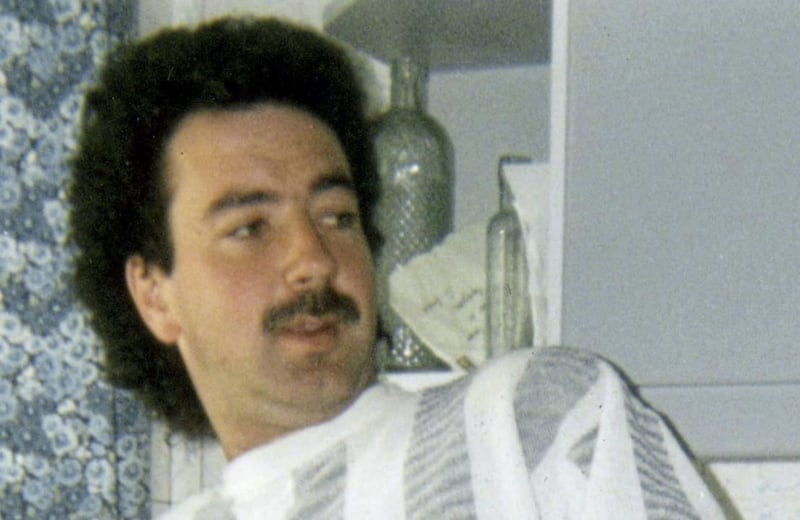
She believed at the time she might have been the target of the killers.
“I thought they were going to follow me, I don’t know why, it must have been the first reaction – it was me they were looking for.
“I didn’t even think who they were, it’s just I thought they were going to follow me with these guns.
“I went to turn off the lights and I said ‘They are shooting, they are shooting in the bar’.”
After returning downstairs a short time later she said there was a lot of panic.
“We thought the ambulance never would come,” she said.
“I was up and down to see was it coming.
“They actually said they didn’t die until they were up the road but Damien must have been unconscious. He never spoke.
“If any of them had had the luck to be shot down about the legs, I was often thinking that - why did they all have to be shot up in a sort of a fatal place.”
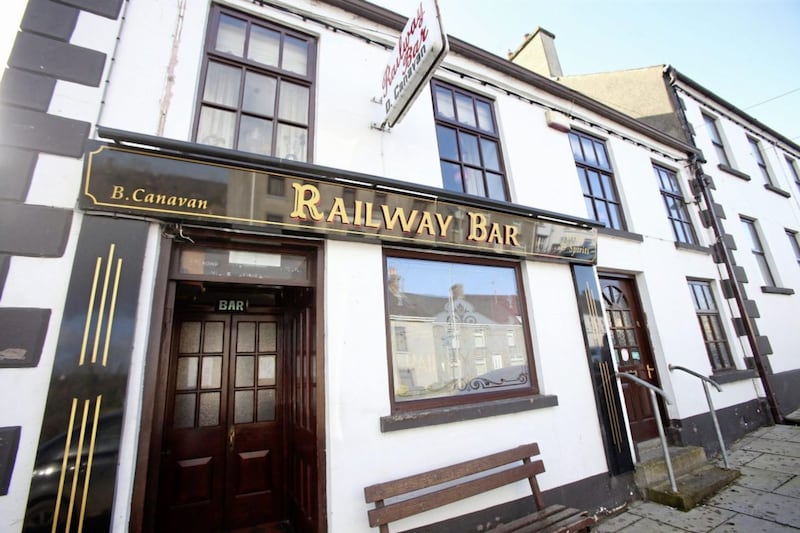
Mrs Canavan said in the aftermath of the murders her husband Dessie didn’t want to reopen the family business.
“It wasn’t me, my husband said we would never reopen again,” she said.
“Then I took a notion that I wouldn’t let them close me.”
She said she eventually reopened the bar after being contacted by members of the public.
“I came out and I opened it and let a couple in and then that broke the ice,” she said.
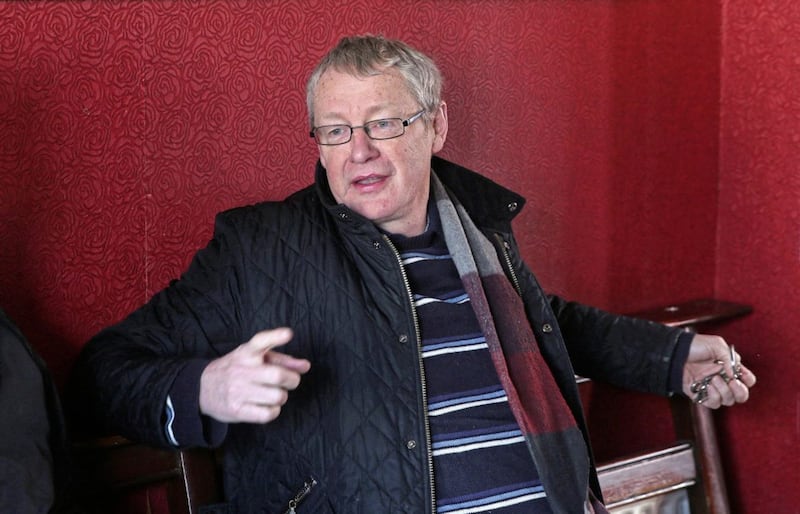
Her son, former Armagh manager Brian Canavan, was training with the squad when he got a call to tell him there had been a shooting at the bar.
He made a dash home, not knowing if his mother was safe.
It wasn’t until he reached Poyntzpass that he was told she had escaped unharmed.
Mr Canavan says he has concerns about the circumstances of the attack, especially around the role of David Keys, the suspected informer.
“The bit I could never understand was the police had an informer in the car,” he said.
“One of the drivers was an informer. He maintained he didn’t know where they were going... so I don’t know what happened there.
“They knew the car was stolen in Dromore two days before it.
“The police knew a whole lot afterwards when you started to quiz them, not that they like to be quizzed too much, they knew a bit, they knew there was something going to happen.”
He believes there are still questions that need to be answered.
“I suppose maybe the families don’t think the way I think but I would be more curious - they had an informer,” he said.
“Then you see all these stories coming out now about collusion and everything else you wonder to yourself, well, did somebody inside know anything?
“You don’t know, you will never know because the informer was killed in prison.”
The LVF was formed in 1996 after the UVF expelled its mid-Ulster unit led by notorious killer Billy Wright.
Although it had pockets of support across the north, it was particularly strong in Wright’s mid-Ulster heartland and his murder in prison in January 1997 by the INLA was followed by a series of reprisal killings of innocent Catholics.
The organisation was also involved in a bitter feud with the UVF, which claimed several lives. It called a ceasefire in May 1998 and eventually stood down in 2005.
Mark Thompson of Relatives for Justice, who has worked with families of LVF victims, claimed it was "no coincidence that the formation of the LVF occurred in the context of a wider securocrat agenda that was also opposed to the peace process".
“The securocrat agenda was largely driven by the tunnel vision of some within the security, military and intelligence community that sought to militarily defeat republicans rather than engage in the changing political dynamic that the IRA ceasefire created."
